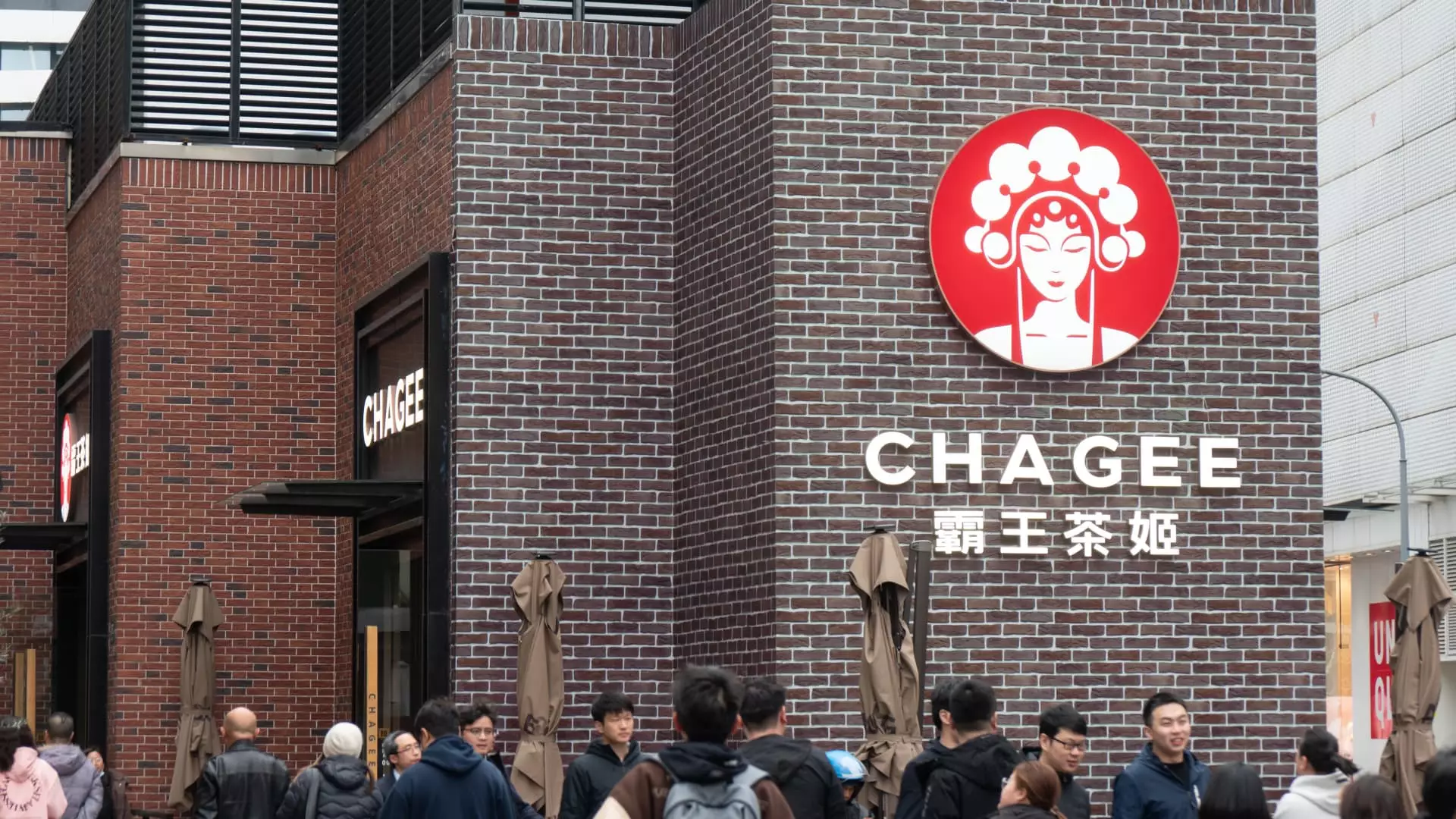Chagee, a rising star in the bubble tea industry, is set to launch an IPO on the Nasdaq. With its ticker “CHA,” the company aims to take advantage of the growing beverage market in the United States. Founder Junjie Zhang founded Chagee in 2017, and it has since ballooned to over 6,400 locations across Asia, predominantly in China. However, the ambitious target of expanding into 100 countries and brewing 15 billion cups annually raises eyebrows. It begs the question: is rapid growth a sign of lasting success, or a cautionary tale waiting to unfold?
Chagee’s plans may sound visionary, but they are reminiscent of the sky-high aspirations of many companies before them. During periods of rapid expansion, firms often overlook critical operational challenges. Can a company that relies heavily on a single market—97% of its stores being in China—effectively manage the cultural shifts and market expectations of 100 different countries? The stakes are high, and the ability to adapt to diverse consumer preferences will be a crucial test.
The Specter of Previous Chinese Disasters
Investors should also reflect on the shadow cast by Luckin Coffee. Once hailed as a revolutionary competitor to Starbucks in China, Luckin’s meteoric rise ended bitterly when it was discovered that the company had falsified sales figures. As regulatory scrutiny tightens around Chinese firms in the U.S., Chagee steps into a minefield where investor trust is paramount.
The drastic downfall of Luckin serves as a reminder of the risks inherent in investing in rapidly scaling Chinese businesses. Given the current political climate and the deterioration of U.S.-China relations, investors may be deeply skeptical about putting their money into another Chinese venture, particularly in a saturated market like beverages. Shareholder confidence can evaporate with a swift news cycle, and Chagee would do well to take notice before it finds itself ensnared in similar controversies.
The Bitter Brew of Political Scrutiny
As Chagee prepares for its IPO, it cannot escape the shadows of ongoing geopolitical tensions. The decreasing number of Chinese companies seeking U.S. listings (5% decline in a year) paints a grim picture of the landscape. Lawmakers are increasingly cautious, pushing companies like Shein to reconsider their initial plans for public offerings. Political scrutiny could not only obstruct Chagee’s path to the market, but also incentivize investors to choose more stable, less controversial stocks.
Chagee’s optimism about the U.S. market should be grounded in reality. While the bubble tea wave continues to crest among younger demographics, the company must navigate a fragile and volatile political landscape that can dramatically affect operations. The tea lovers in the U.S. may sing praises for Chagee’s innovative offerings, but investor confidence is equally essential. Adapting to this complex environment will be non-negotiable for the company’s long-term success.
Final Thoughts: A Brewing Crisis?
In a market filled with uncertainties, Chagee’s journey may have all the hallmarks of a sensational rise with an equally turbulent fall. Rapid expansion, past failures, and a difficult political context make for a daunting challenge ahead. Will investors choose to bet on Chagee, or will they remember the lessons of the past? Time will tell, but optimism must be matched with prudence in the face of such formidable obstacles.

